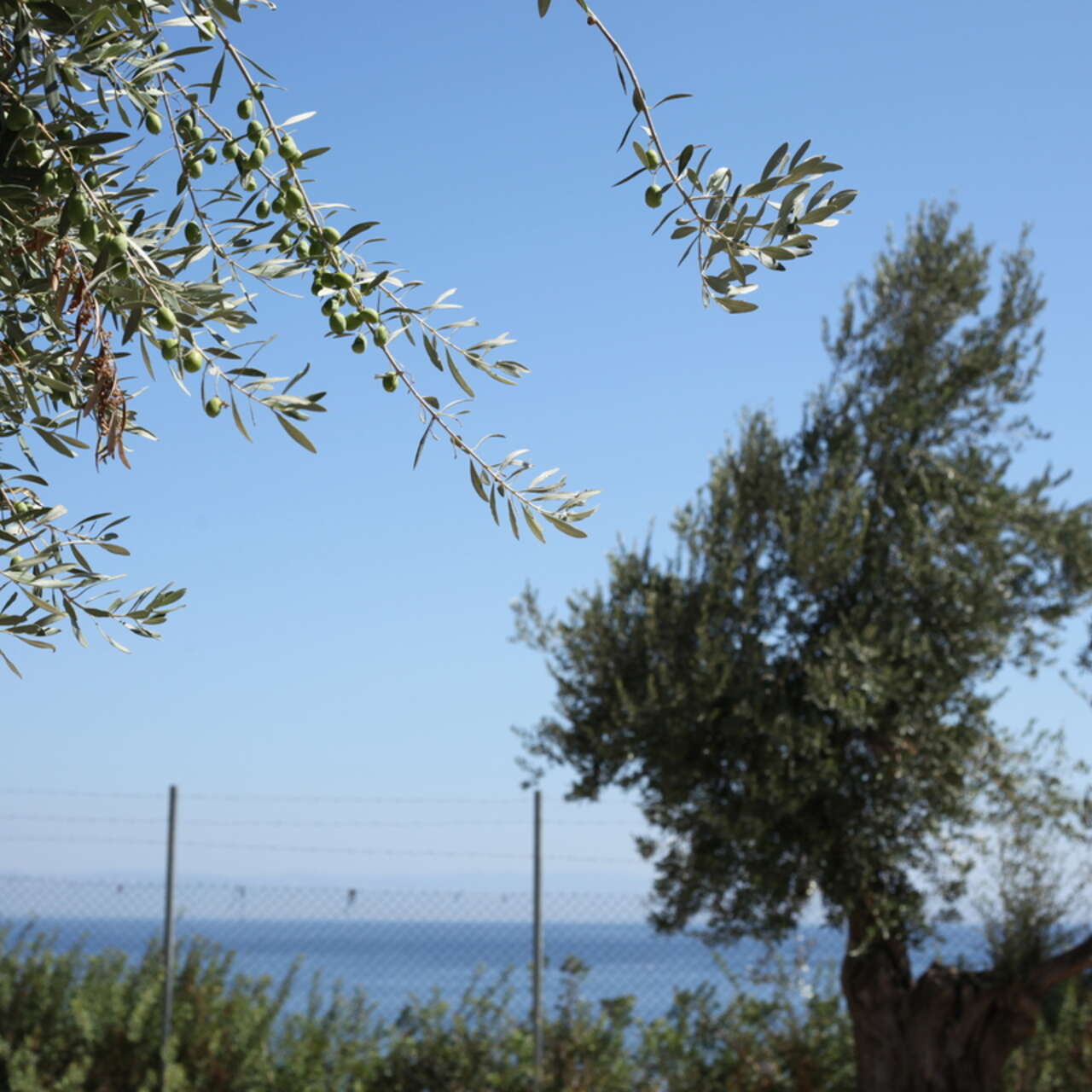
These illustrations depict refugees’ mental health journeys in Greece
The IRC collaborated with artist Sahar Ghorishi to show how the IRC provided mental health support to both refugees and host communities in Lesvos, Greece.

The IRC collaborated with artist Sahar Ghorishi to show how the IRC provided mental health support to both refugees and host communities in Lesvos, Greece.
Even after reaching a safe country, many refugees and asylum seekers face the lasting trauma of violence, persecution and displacement.
Since February 2016, the IRC in Lesvos, Greece, provided vital mental health and psychosocial support to help individuals heal and rebuild their lives in a new country. The program also extended to the host community, addressing the island's lack of mental health support services.
Read on for a glimpse into Mariam, Shakira, Melita, Anastasiia, and Federica’s stories, brought to life by illustrator Sahar Ghorishi.
Mariam arrived in Greece from Afghanistan with her sister seven years ago, but was separated from her soon after. Later, during her pregnancy, she struggled with depression and lacked a support network, feeling isolated in an unfamiliar place.

“I was feeling depressed and I was thinking that I have to speak with someone,” Mariam recalls. She found relief through the IRC's psychosocial services, where she could share and process her emotions.
She now lives with her husband and children, and hopes to one day continue her journalism studies which were cut short in Afghanistan.
Fleeing persecution in the Republic of Congo, Shakira tragically miscarried during her journey. Once in Lesvos, she struggled with dark thoughts, still processing the horror of her journey there. “I was not myself,” Shakira recalls. “It was not easy—when you have lost a child you feel like you're in prison.”

Shakira began to receive therapy through the IRC which slowly helped her regain her sense of self. She was inspired to revive her passion for dance, teaching voluntary classes and building a vibrant community of locals and asylum seekers.
“Dance is about expression,” Shakira explains. “It helps me to express myself. It’s a form of liberation. When we were organizing dancing events all the refugees were very happy. We gave them happiness and it is very important.”
After years of struggling as a widow and resisting her children's encouragement to seek counseling, Melita finally decided to get help. Daily life had become overwhelming. “I wasn’t feeling good about myself," she recalls. "I could barely get up to go to work.”

Melita formed a close bond with her support officer, which helped her regain a sense of hope for the future. Looking back, she reflects, “I’ve been through a lot in my life, and I should have faced these challenges sooner. I shouldn’t have kept everything bottled up inside.”
Now, Melita urges others to seek help when they need it and has even encouraged her daughter to start counseling too.
Anastasiia fled Ukraine in 2022 after missiles hit her hometown, leaving behind everything she knew. In Greece, she found a lifeline through the IRC program that provided her with legal, financial, and business support. This assistance eased her transition into a new country and helped her rebuild her life.

Through the program, she also established a new support network, forming close friendships that allowed her to share her struggles and find the strength to move forward despite the stress of leaving her home.
“When you're a refugee who’s just arrived in a new country, the first big problem that you meet is that you don't just don't know anybody,” Anastasiia says.” And this is just so important for living, just to have somebody you know, just at least, to talk, at least, to receive some basic information about the place.”
“Everybody comes to Greece with different backgrounds, but there is one common thing for all refugees. It’s that you just need connection.”
Federica turned to therapy after panic attacks surfaced from unresolved issues in her difficult childhood, including past abuse. A friend recommended the IRC’s mental health services to her, and in her sessions, she learned to set boundaries and prioritize her own needs instead of always putting others first.

“I learnt that we have to set some limits in our lives, which I didn't know how to set,” Federica explains. “I didn't want to upset others and I was pushing myself and putting myself second. Now, through psychotherapy, I understand how to become more balanced, to set my boundaries, to define my goals.”
With the support of her psychologist, she gained the tools to find balance in her life and confidently pursue her dreams. Federica now works in organic farming, harvesting olive trees and other vegetables, taking great joy in tending to her harvests.
Share these stories of strength and resilience on Instagram.